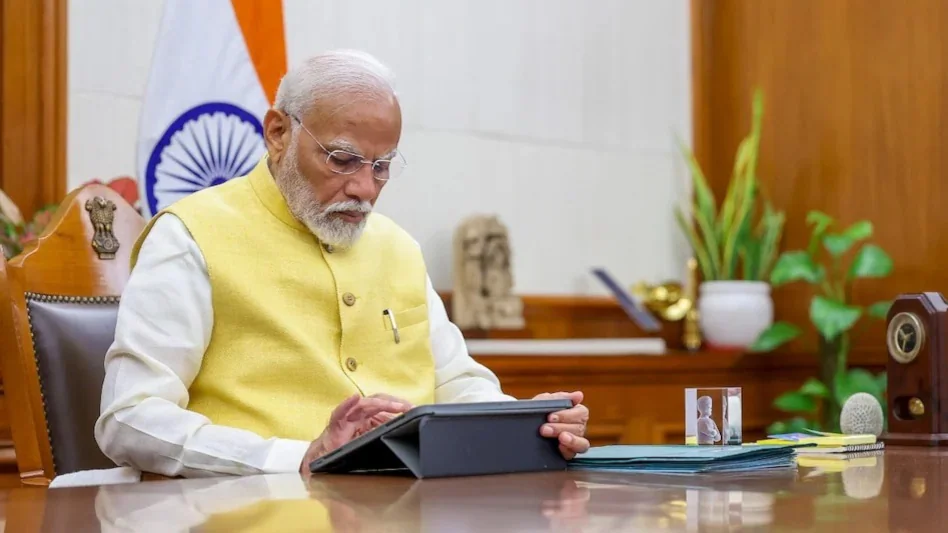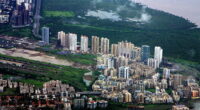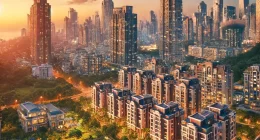In a significant step towards realizing the goal of ‘Housing for All,’ Prime Minister Shri Narendra Modi is set to inaugurate 1,675 newly constructed flats for the residents of Jhuggi Jhopri (JJ) clusters in Delhi. These flats, part of the In-Situ Slum Rehabilitation Project, will be located at the Swabhiman Apartments in Ashok Vihar. The Prime Minister will visit the site at 12:10 PM on January 3, 2025, where he will hand over the keys to eligible beneficiaries, marking the completion of the second successful phase of the project by the Delhi Development Authority (DDA).
The project aims to provide JJ cluster residents with a healthier and more sustainable living environment, equipped with essential amenities and modern facilities. For every Rs 25 lakh spent by the government on constructing a flat, eligible beneficiaries contribute less than 7% of the total cost, amounting to a nominal contribution of Rs 1.42 lakh, along with Rs 30,000 for five years of maintenance.
In addition to the inauguration of the flats, Prime Minister Modi will also lay the foundation stone for multiple development projects in Delhi. At 12:45 PM, he will inaugurate two key urban redevelopment projects – the World Trade Centre (WTC) at Nauroji Nagar and the General Pool Residential Accommodation (GPRA) Type-II Quarters at Sarojini Nagar.
The WTC project has brought a major transformation to Nauroji Nagar, replacing over 600 dilapidated quarters with cutting-edge commercial towers. The complex will offer around 34 lakh square feet of premium commercial space, featuring advanced amenities and incorporating green building practices such as zero-discharge systems, solar energy generation, and rainwater harvesting.
The GPRA Type-II Quarters at Sarojini Nagar, on the other hand, comprises 28 towers housing over 2,500 residential units, all with modern amenities and designed to maximize space efficiency. The development includes eco-friendly features like rainwater harvesting, sewage treatment plants, and solar-powered waste compactors, promoting a sustainable and eco-conscious living environment.
Further contributing to Delhi’s infrastructure, the Prime Minister will inaugurate the CBSE Integrated Office Complex at Dwarka, built at an estimated cost of Rs 300 crore. This state-of-the-art complex includes offices, an auditorium, an advanced data center, and a comprehensive water management system. The building has been designed to meet high environmental standards, aiming for Platinum Rating certification from the Indian Green Building Council (IGBC).
In a bid to enhance educational infrastructure, Prime Minister Modi will also lay the foundation stone for three new projects in Delhi University, totaling over Rs 600 crore. These include an academic block at the Eastern Campus in Surajmal Vihar, an academic block at the Western Campus in Dwarka, and the construction of Veer Savarkar College in Roshanpura, Najafgarh, which will feature state-of-the-art educational facilities.
These projects reflect the government’s commitment to enhancing urban development, infrastructure, and quality of life in Delhi, marking another significant milestone in the city’s ongoing transformation.









